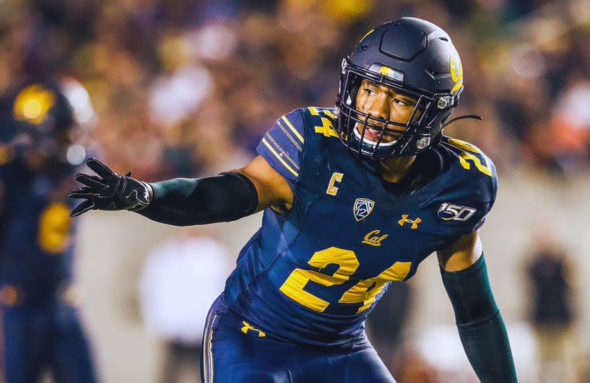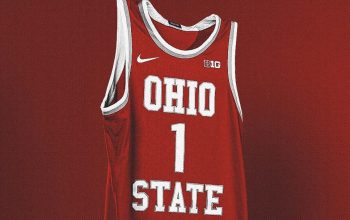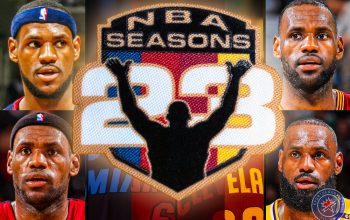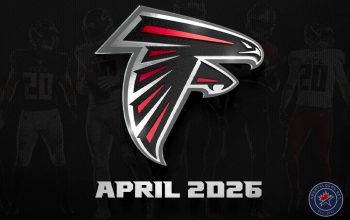
Citing a lack of marketing benefits and financial difficulties associated with coronavirus outbreak, Under Armour recently announced plans to terminate lucrative apparel contracts with the University of California, Berkeley, and the University of California, Los Angeles.
“We have been paying for marketing benefits that we have not received for an extended time period,” Under Armour said in an emailed statement. “The agreement allows us to terminate in such an event and we are exercising that right.”
Under Armour’s 15-year, $280 million agreement with UCLA was touted as the largest apparent contract in the history of college sports when it was signed in 2016, while its deal with Cal – signed that same year – is worth $86 million over 10 years. The agreements reportedly include a “force majeure clause” that would free either party from liability due to an extraordinary event or circumstance that lasts for more than 100 days.
The company has already renegotiated contracts with some of its key endorsers in an attempt to offset a first-quarter loss of more than $590 million due to the pandemic, and terminating the deals would pay immediate financial dividends. Both programs have said they will contest Under Armour’s decision, however.

“We are exploring all our options to resist Under Armour’s actions,” UCLA athletic director Dan Guerrero said in a statement. “We remain committed to providing our hard-working staff and student-athletes with the footwear, apparel and equipment needed to train and compete at the highest level, as they – and our loyal Bruin fans – deserve.”
Cal athletic director Jim Knowlton echoed those sentiments in a statement of his own.
“While we understand that we are in challenging times, we have been and remain committed to our partnership with Under Armour,” Knowlton said. “We are confident that we are fulfilling the terms of our agreement and that Under Armour does not have grounds for termination. We know that UA has put years into building its college business, and we have done and will continue to do everything in our power to help them succeed.”

Cal and UCLA notably provided the Maryland-based company with a new West Coast presence when the deals were signed, but it’s safe to say neither deal has paid off in the meantime. The Bruins and Golden Bears have combined for just three football bowl berths and two NCAA Tournament appearances in men’s basketball since 2016.
Any loss of revenue would be especially devastating to the UCLA athletic department, which was already facing an $18.9 million budget deficit before the pandemic hit. Should their contract be terminated, one of the first orders of business for new athletic director Martin Jarmond – who replaces Guerrero this week – will be to seek a new apparel deal.
The Bruins were previously with Adidas, while the Golden Bears were a Nike school.

Under Armour, which also backed out of a deal with Major League Baseball in 2018, removed all references to Cal and UCLA from its official site this week. It remains committed to 19 other Football Bowl Subdivision programs, however, including Auburn, Boston College, Cincinnati, Colorado State, Hawaii, Maryland, Navy, Northwestern, Notre Dame, South Carolina, Texas Tech, Utah and Wisconsin, among others.
“We know that this has been a challenging time for athletes, sports programs and performance apparel brands alike,” the company said in the aforementioned statement. “Under Armour will continue to preserve our strength in this challenging environment, while maintaining a strong network of partnerships with individuals, organizations and leagues that make us the on-field authority for focused performers.”
If the deals are ultimately terminated, Ohio State’s 15-year, $252 million contract with Nike will once again become the most lucrative apparel contract in college sports. That extension was also signed in 2016, went into effect during the 2018-19 season and runs through the 2032-33 academic year.
Photos via Cal, UCLA and Under Armour.










